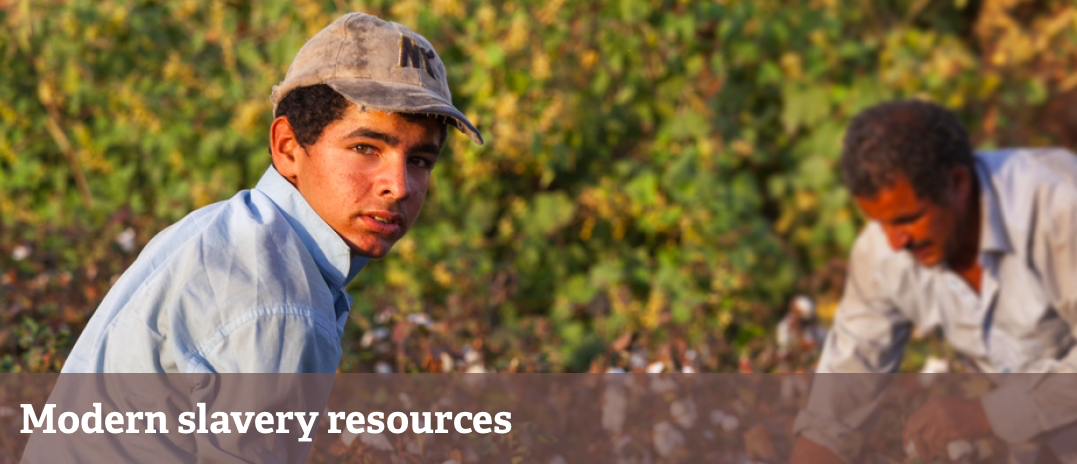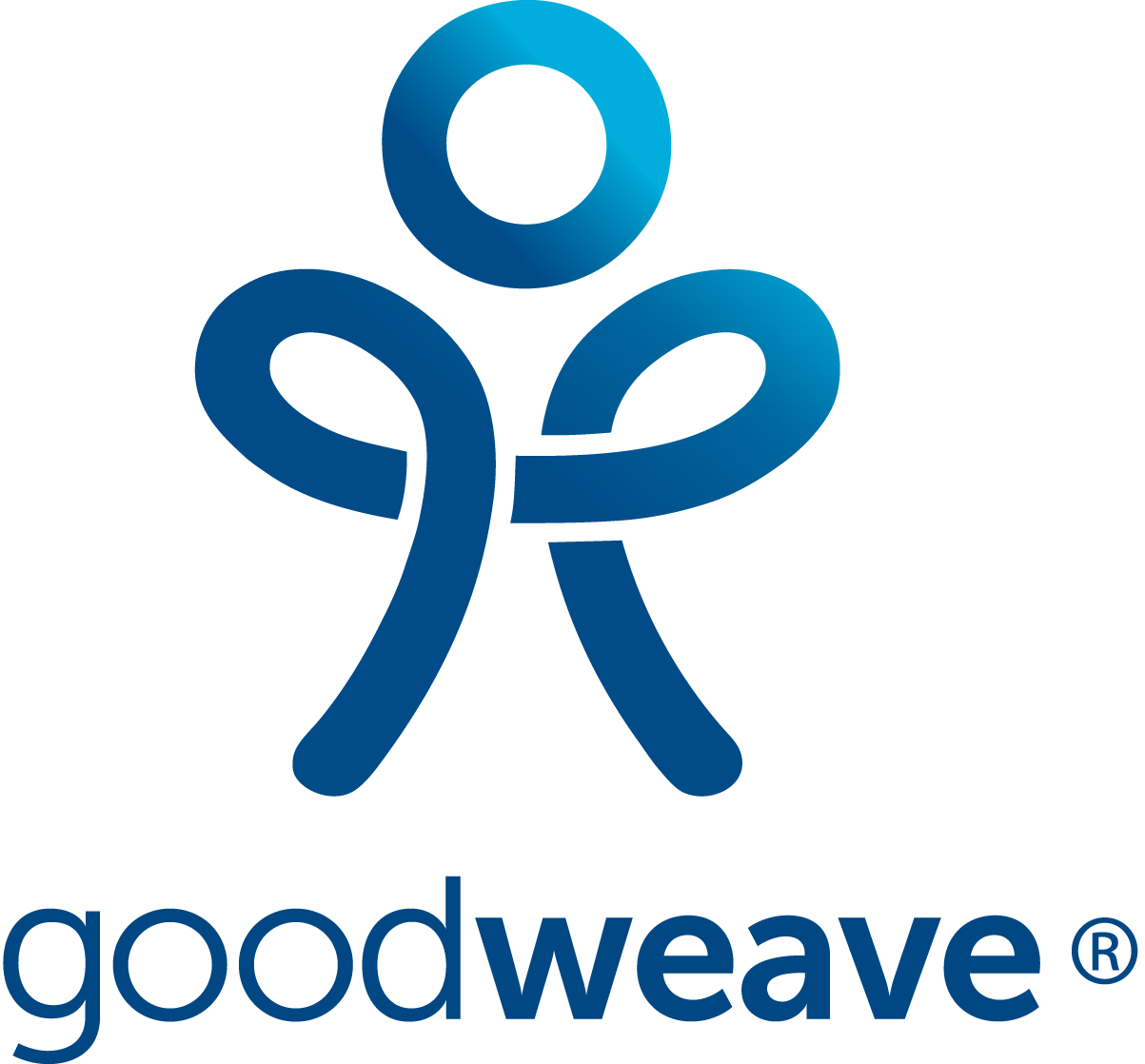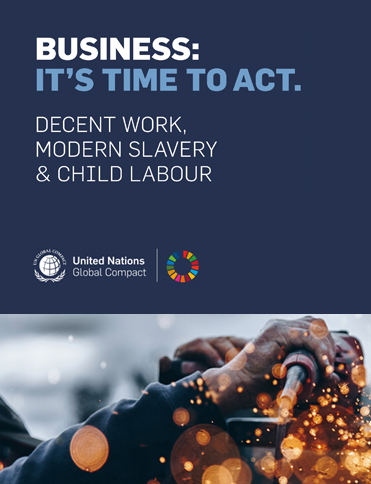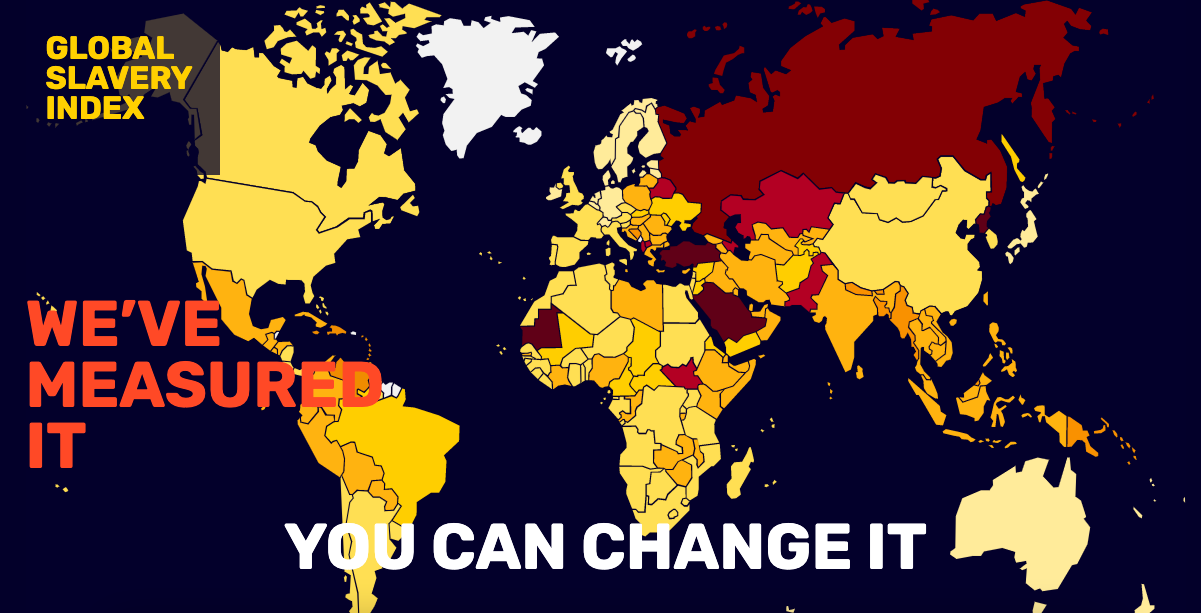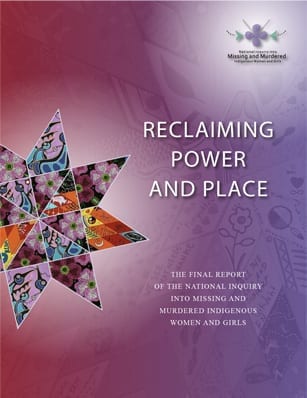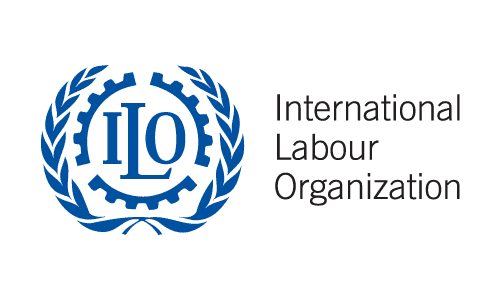Human Dignity and Integrity
Description
Human dignity and integrity are founded on the enjoyment of freedom from torture; cruel, inhuman, or degrading treatment or punishment; freedom from gender-based or other violence, abuse, or exploitation; freedom from child labour, forced or compulsory labour, debt bondage, prison labour, or other forms of modern slavery. This includes accessible, safe, culturally responsive helplines, appropriately trained safety officers, safe accommodations, and other supports as well as access to appropriate rehabilitation and compensation for victims of such abuses.
Share this Subissue on:LinkedIn
Resources
Modern Slavery Act Resources
The Ethical Trading Initiative has compiled various resources to help you understand how your organisation can contribute to the abolition of modern slavery. The website is arranged into six sub-categories including ETI resources such as blogs and training courses; advocacy pieces such as submissions to the Australian and Canadian Governments; guidance and examples, such as a list of published company statements; existing projects, such as the DOL's Child Labor and Forced Labor Program; background research and reports from the ILO, UN, and more; and reports and case studies from a wide range of industries.
Advancing modern slavery reporting to meet stakeholder expectations
This toolkit was created by GRI and the Responsible Labor Initiative (RLI) to encourage and improve reporting on modern slavery and to support action across the value chain. This toolkit will help change agents to understand why modern slavery has become increasingly important to corporate sustainability reporting, and includes a practical approach for them to report on the issue in alignment with stakeholder expectations. Included are summaries of key slavery-related topics, questions, and concerns; reporting examples; testimonials from reporters and stakeholders; relevant GRI standards guidance; and examples of tools that will facilitate your reporting.
Tackling Modern Slavery in Supply Chains
Slavery exists in all stages of procurement, and as supply chains grow and become more complex, it becomes increasingly challenging to ensure freedom, fairness, and safety in the workplace. This resource will help those who want concrete guidance on how to reduce or eliminate the risk of modern slavery occurring in their supply chains. This guide explores effective standards, risk assessments, audits, corrective measures, and practical advice for engaging with suppliers, as well as a comprehensive collection of relevant tools.
Best Practice Series to Eliminate Child Labor in Global Supply Chains
GoodWeave is a team of business-minded social change experts and advocates who are dedicated to ending child labor, forced labor, and bonded labor in global supply chains. Their platform and resources will help you to better understand the issue of child labor in global supply chains and to take meaningful, regimented action that addresses the root causes of child labor. We especially recommend their Best Practice Briefs, which will help you to address effective standard setting; perform inspection and monitoring; map out your deep supply chain; engage in effective remediation; and prevent future abuses.
Social Auditing and Ethical Certification
This brief by Re:Structure Lab proposes a set of reforms to address key supply chain auditing challenges. These include increasing NGO, union, and worker-led involvement, as well as addressing financial conflicts of interest between auditors and business.
Global Estimates of Modern Slavery: Forced Labour and Forced Marriage
This comprehensive report can help you to better understand the extent of modern slavery within the global economy, as well as trends related to forced labour and forced marriage. It also provides an overview of key actions required to protect citizens and workers.
Business: It's Time to Act - Decent Work, Modern Slavery, and Child Labour
Modern slavery is a human rights violation that is alarmingly widespread. This concise guide from UN Global Compact can help you understand the complexities of modern slavery and the role of business in tackling this pervasive issue. The guide provides an overview of five key steps businesses can take to address modern slavery, as well as three steps specifically focused on ending child labour. It concludes with a list of resources to help get you started, as well as a list of key definitions. The guide will be most useful to supply chain managers, sustainability practitioners, and human rights specialists.
Global Slavery Index
Modern slavery is hidden in plain sight in every corner of the world. Walk Free has created several resources - including a report and interactive map - to help you to better understand modern slavery, including definitions, key drivers, how it manifests, and how we are linked to modern slavery through the products and services we buy. The report features regional findings, sector spotlights, and essays, and is a great resource for change agents who are looking for data and information for priming senior leaders.
Reclaiming Power and Place: The Final Report of the National Inquiry into Missing and Murdered Indigenous Women and Girls
The National Inquiry’s Final Report is a landmark document that reveals that persistent and deliberate human and Indigenous rights violations and abuses are the root cause behind violence against Indigenous women, girls, and 2SLGBTQQIA people in Canada. This report is comprised of truths and testimonies from family members, survivors of violence, experts, and Knowledge Keepers, and culminates in 231 individual Calls for Justice directed at governments, institutions, social service providers, industries, and all Canadians.
This document will help to familiarise you with Indigenous people's context of multigenerational and intergenerational trauma and marginalisation when engaging with, investing in, and supporting their communities and businesses.
Human Trafficking and Business: Good Practices to Prevent and Combat Human Trafficking
This report from the UN can help you better understand the issue of human trafficking and the role of business in addressing it. The first section provides an overview of what human trafficking is, why it is important to business, and how businesses can prevent it. The second section features a series of case studies that highlight the practical actions companies are taking to fight this abuse.
Although this resource is more than decade old, the good practices outlined remain relevant today for supply chain and sustainability practitioners.
Business and Child Labour
This resource page from the International Labour Organisation (ILO) can help you align your businesses operations with international labour standards on child labour. It provides a brief overview of the issue and acts as a central hub linking to the ILO’s expansive coverage on the topic. These include key resources, ILO publications on eliminating child labour, and relevant webpages and initiatives. These resources will be most useful to sustainability and supply chain management practitioners.
Child Labour: Global Estimates 2020, Trends and the Road Forward
This joint publication from the ILO and UNICEF can help you understand the status of global efforts to end child labour. The report outlines child labour trends around the world, including data that highlights the regions and sectors in which child labour is most prevalent. It explains how COVID-19 has undermined progress on the issue, and provides a range of solutions to prevent further regression and spur improvements. This resource will be most useful to sustainability and supply chain management practitioners.
Tackling Child Labor: A Guide for Financial Institutions
This joint publication by Shift, The Centre for Child Rights and Business (The Centre), and UNICEF captures some of the key take-aways from a peer-learning session of Shift's Financial Institutions Practitioners Circle (‘FIs Circle’) on the topic of child labour. Drawing on the experience of the three organisations working with real-economy companies and financial institutions, this resource highlights ways for banks to more strategically evaluate and improve portfolio company capacity to address child labour. It explains salient child rights risks for banks and financial institutions and explores three ways in which they can strengthen current approaches to addressing child labour risk in line with the UN Guiding Principles for Business and Human Rights: improving screening for indicators of child labour risk, improving engagement with portfolio companies on action on child labour, and participating in multi-stakeholder initiatives that include action on child labour.
